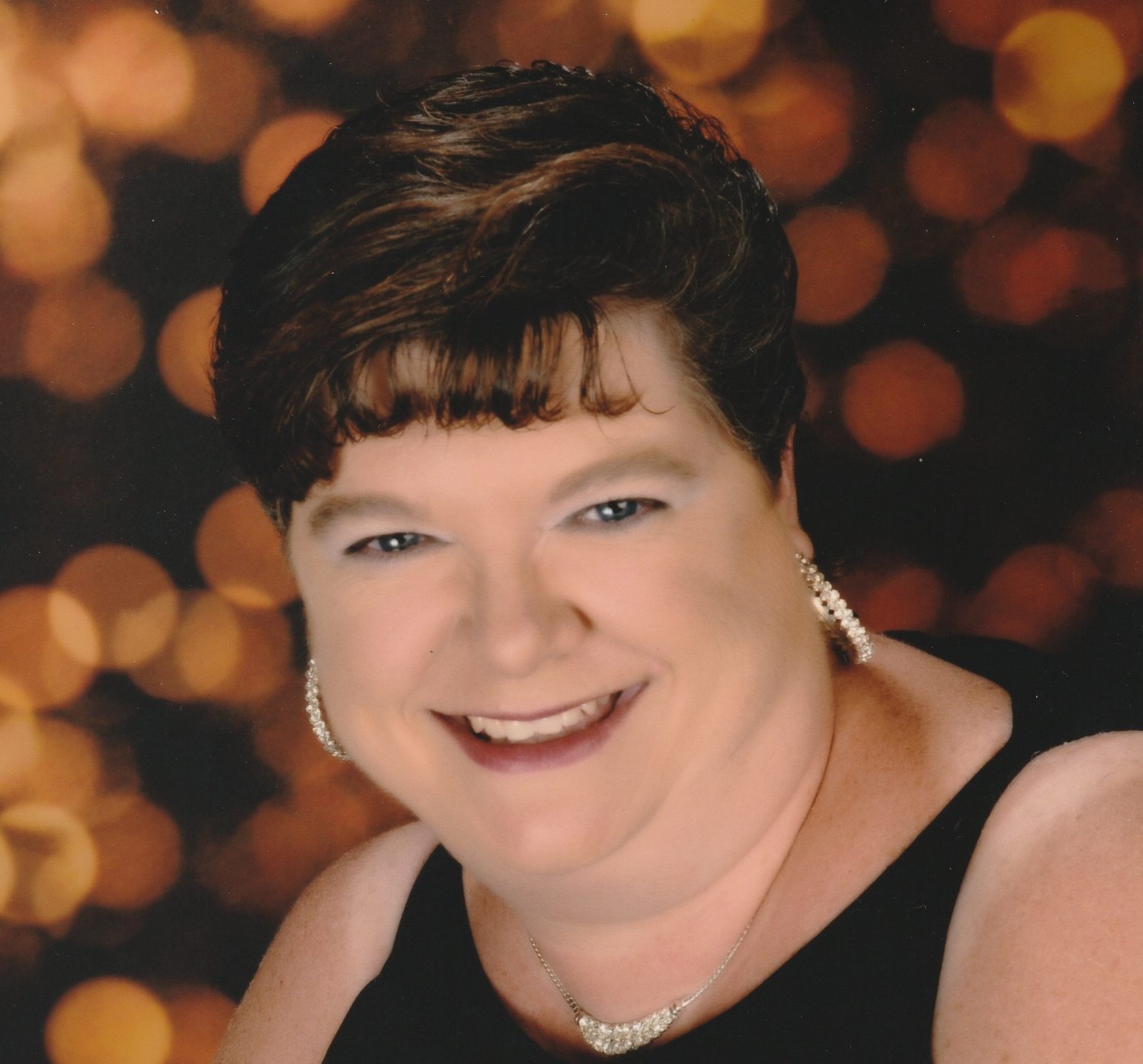“Literacy is not the end of education nor even the beginning” – Mahatma Gandhi
Standard 2: Literacy and Reading
Candidates promote reading for learning, personal growth, and enjoyment. Candidates are aware of major trends in children’s and young adult literature and select reading materials in multiple formats to support reading for information, reading for pleasure, and reading for lifelong learning. Candidates use a variety of strategies to reinforce classroom reading instruction to address the diverse needs and interests of all readers.
School Librarian Interview
Benny Martinez, Taft ISD
1. As a school librarian, what is your role in teaching and learning?
I feel my role as a school librarian is to build and maintain reliable print and digital/technology resources.
2. As a school librarian, what is your role in promoting literacy and reading?
My role to promote reading is to find inspiring books and to use strategies that encourage kids to read. I use prizes and other incentives to motivate kids to read. It works very well.
3. How do you help your students to build life long-learning skills?
I help students build life long-learning skills by having them read a wide range of reading materials. This includes books, magazines, and researching information until they have exhausted the topic they are interested in. Computer usage helps them too.
4. What tips do you have for school library program management?
My tip for school library program management is to have a budget large enough to provide a wide range of new resources. Also, you need to make the library welcoming and kid friendly.
5. Do you receive copies of student’s IEPs or behavior reports to help you in classes you teach?
Yes, I do.
Featured Article and Critique
Librarians form a Bridge of Books to Advance Literacy
Hughes-Hassell, S., Rawson, C.H., McCracken, L., Leonard, M.G., Cunningham, H., Vance, K.J., & Boone, J. (2012). Librarians form a Bridge of Books to Advance Literacy, Phi Delta Kappan 93(5), 17-22
Summary: In the age of technology where a lot of librarians are become more associated with technology improvement, librarians in North Carolina believe they still play a role in literacy. Librarians form a Bridge of Books to Advance Literacy is a look at how a group of librarians from Durham, North Carolina increased the literacy of black males in their schools. “In 2010-11, Durham Public Schools in North Carolina implemented a multi-pronged approach aimed at closing the achievement gap for black males in the district’s 55 schools.” (Hughes-Hassell, 2012, pp. 18) The strategies used for this initiative came from the works of Alfred W. Tatum at the University of Illinois at Chicago. Tatum argues that traditional reading strategies don’t work. He believes to fully engage black males, the text needs to be what he calls enabling texts. Using Tatum’s work, the librarians used 6 strategies to help increase literacy. First, the librarians made sure the proper books were collected, displayed and recommended. Second, they allowed struggling or indifferent readers to pick books to be ordered. Third, they created book studies to allow a place for the students to discuss what they read. Fourth, for students who wanted to be more involved, they created workshops to teach students how to be discussion facilitators. Fifth, was to connect with the community. The librarians believed that if the students interacted with other black males in the community they would see how reading could improve their lives. Lastly, the librarians started providing professional development for teachers to better train them on how to find the right type of books for their classrooms. The article closes with the reminder that this gap in literacy can’t be traced back to one single cause, but to fix it many will need to be involved and librarians are the natural partner.
Critique
The American Association of School Librarians’ (AASL) Standard 2 states “Candidates promote reading for learning, personal growth, and enjoyment” along with Tatum’s strategies the librarians were able to increase the literacy of the black students in Durham, North Carolina. I believe this article hit on some very important points and it was good to see that the simplest of things about being a librarian still are important. The thing that I thought about while reading this article was how would these strategies work for other ethnicities. I teach in a low income school district and I have a daily struggle to get my students to read. I would be interested to see if the same strategies work with them as well. Next summer I will be adding research for enabling books to my reading list.
Annual Reading Promotional & Literacy Support Plan

Annual Reading Promotional & Literacy Support Plan


